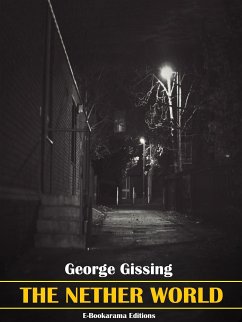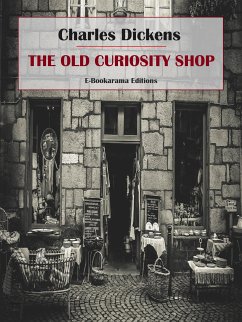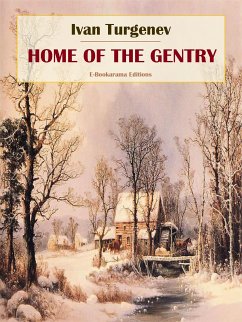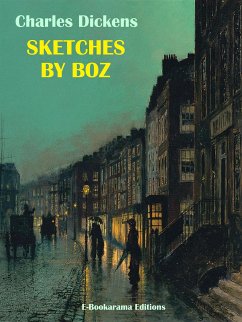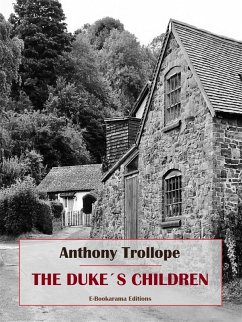
A Lodge in the Wilderness (eBook, ePUB)
Versandkostenfrei!
Sofort per Download lieferbar
11,95 €
inkl. MwSt.
Weitere Ausgaben:

PAYBACK Punkte
6 °P sammeln!
First published in 1906, "A Lodge in the Wilderness" is a political novel by the Scottish author John Buchan. The novel relates an imagined conference arranged by a multi-millionaire, Francis Carey, to discuss Empire. The guests are contemporary figures from the upper and professional classes, nine men and nine women who have in common superb articulateness, wide experience, and an interest in understanding how Empire might be a positive influence. Buchan uses the opportunity to set out a variety of views on political and social issues, and to play Devil's Advocate.
Dieser Download kann aus rechtlichen Gründen nur mit Rechnungsadresse in A, B, BG, CY, CZ, D, DK, EW, E, FIN, F, GR, HR, H, IRL, I, LT, L, LR, M, NL, PL, P, R, S, SLO, SK ausgeliefert werden.





